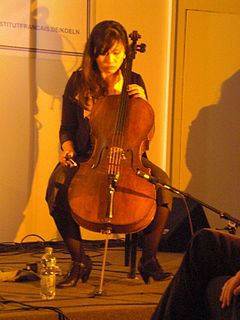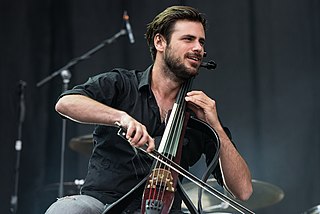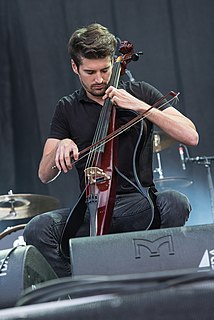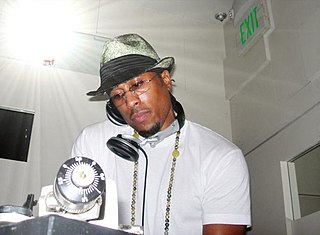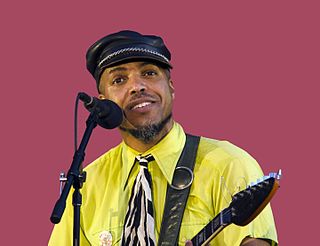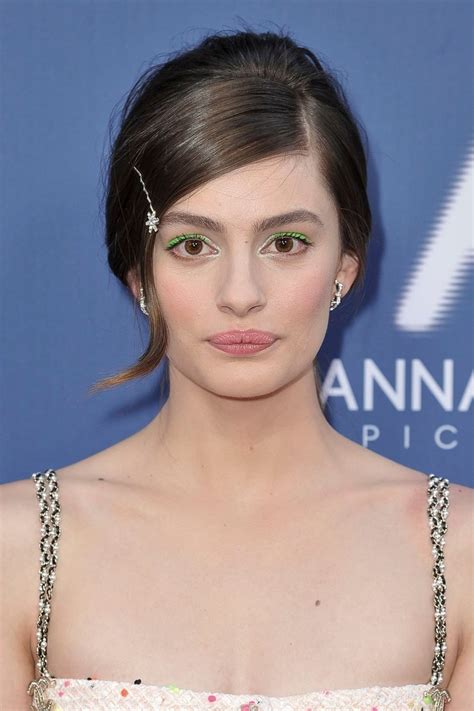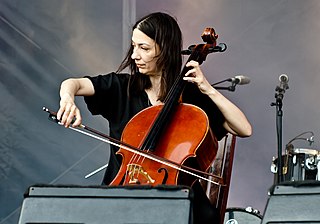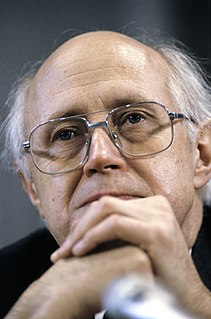A Quote by Sam Abell
There are a lot of ways to be expressive in life, but I wasn't good at some of them. Music, for instance. I was a distinct failure with the cello. Eventually, my parents sold the cello and bought a vacuum cleaner. The sound in our home improved.
Related Quotes
I particularly enjoy cello music because our daughter plays the cello. I have listened to her practice for so many hours that I am familiar with the music written for that instrument. I am also fond of the popular music of the 1930s because my future husband and I danced to it so many Saturday nights when we were in college.
We knew we wanted to have our own tone for the show. And then the big instrument that actually we came up with was the cello. It has a big range. It can play really low. It can play high. And it has a dark sound, and 'Game Of Thrones' is obviously - it's a dark show, and the cello became the featured instrument.

